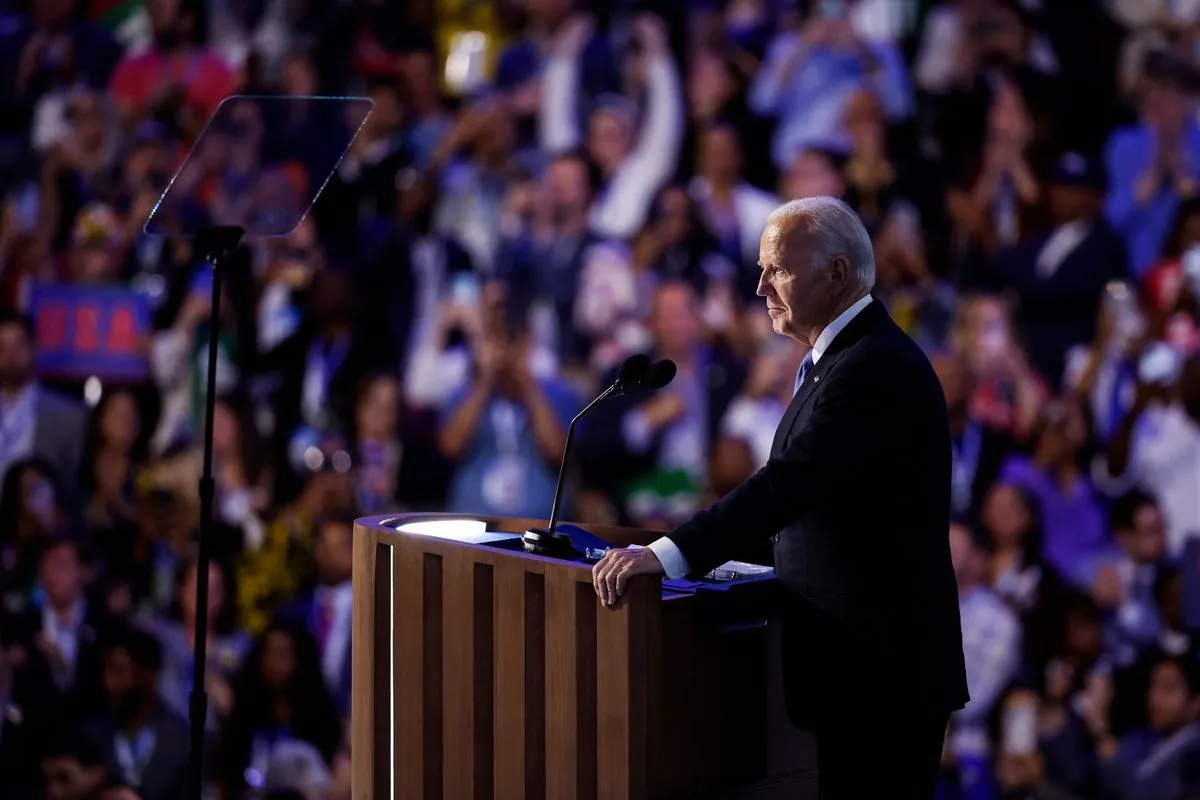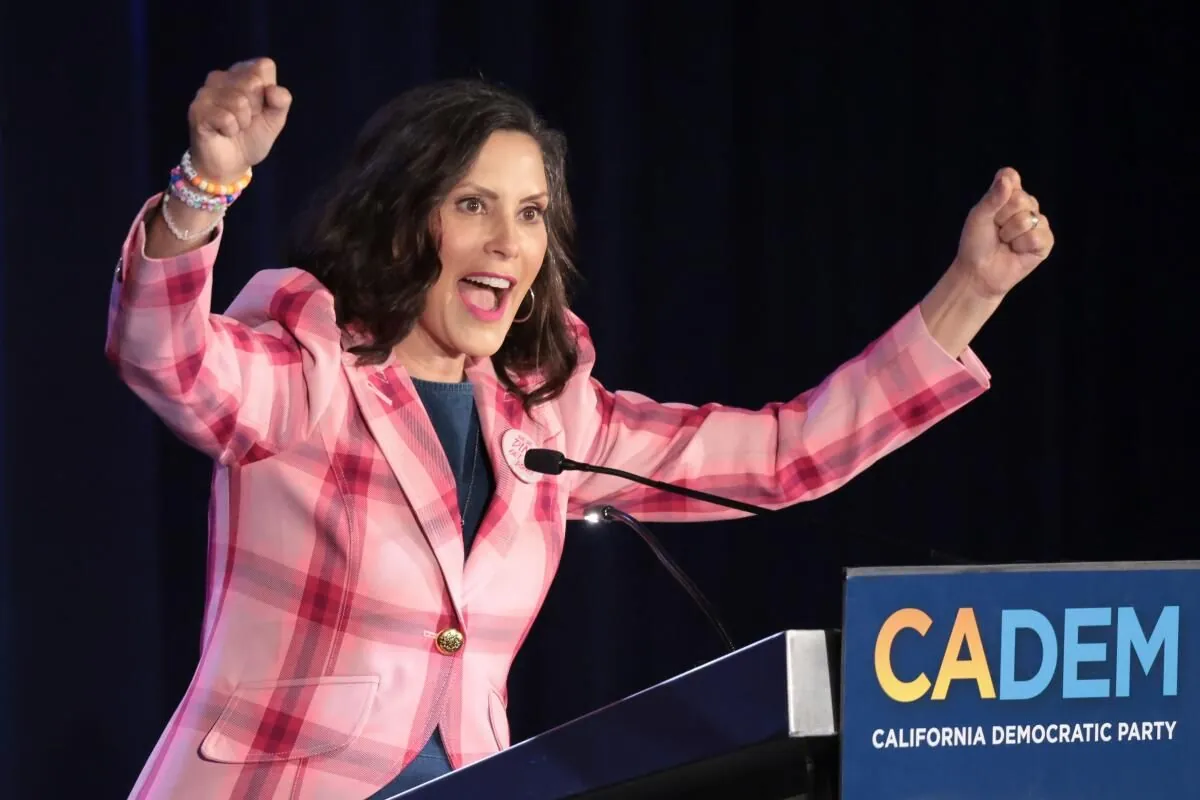Democratic Hopefuls Navigate Convention Amid Harris's Rise
At the 2024 Democratic National Convention in Chicago, potential future presidential candidates balanced supporting the current ticket while positioning themselves for future opportunities, showcasing the delicate dance of party politics.

The 2024 Democratic National Convention in Chicago served as a stage for potential future presidential candidates to showcase their talents while supporting the current ticket. This quadrennial gathering, historically a launchpad for political careers, saw a shift in dynamics due to President Biden's decision to end his reelection campaign and elevate Vice President Kamala Harris.
Michigan Governor Gretchen Whitmer set a brisk pace, addressing eight delegate breakfasts covering 11 states in less than two hours. Her whirlwind tour exemplified the hustle required to build relationships within the party. Whitmer's approach, combining efficiency with personal engagement, demonstrated the art of political networking.

Other notable figures, including Pennsylvania Governor Josh Shapiro, California Governor Gavin Newsom, and Illinois Governor JB Pritzker, navigated the convention's social landscape with strategic finesse. Each employed unique tactics to stand out and connect with party influencers.
The convention highlighted the delicate balance these politicians must maintain. While fully supporting Harris for the 2024 and potentially 2028 elections, they simultaneously positioned themselves for future opportunities. This juggling act was evident in their carefully crafted speeches and interactions.
"The only safe play for all of them is being the best, most hardworking surrogate you can possibly be. And if you're from Pennsylvania, Michigan — deliver your state."
The importance of key swing states like Michigan, Pennsylvania, and Georgia was not lost on these ambitious politicians. Their efforts to connect with delegates from these crucial electoral battlegrounds underscored the strategic thinking behind their convention activities.
JB Pritzker, leveraging his position as the convention's host and his considerable resources, threw an extravagant party for 8,000 guests. This display of influence and generosity served to build goodwill within the party. Pritzker's speech to Nevada delegates, emphasizing his commitment to personal freedoms and support for abortion rights, hinted at potential future campaign themes.
The convention also saw moments of camaraderie among potential rivals. Pritzker and Maryland Governor Wes Moore's visit to The Wieners Circle, a famous Chicago hot dog stand, provided a lighthearted moment amidst the political maneuvering. Their shared shot of Malört, Chicago's infamous bitter liqueur, symbolized the bonds formed during these gatherings.
As the convention concluded, these Democratic hopefuls returned to their respective roles, having laid groundwork for future ambitions while maintaining unwavering support for the current ticket. The coming years will reveal how these early efforts translate into political capital in the ever-evolving landscape of American politics.


































